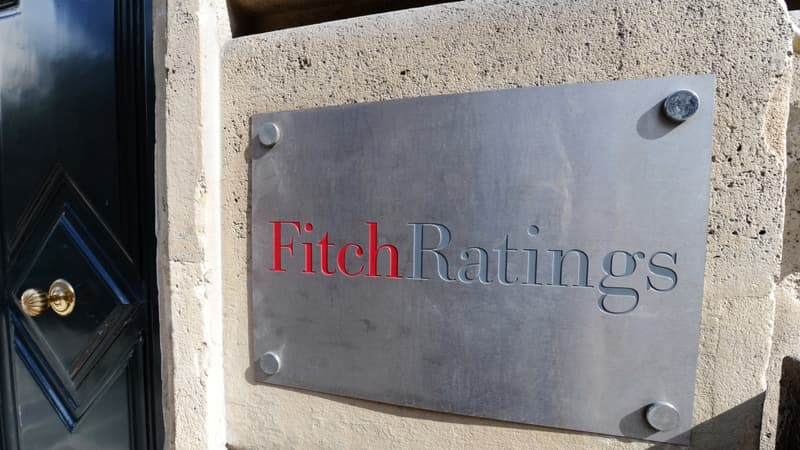A week after Moody’s, Fitch issued its verdict on France. The US rating agency indicated on Friday that it had not changed the rating of the French debt. Fitch currently assigns France an “AA-” rating, one of the best possible ratings. Good news for the French Government, which is trying to give guarantees of budgetary seriousness to reassure the markets after the avalanche of public spending caused by the health crisis and the energy crisis.
Last April, Fitch lowered the French debt rating by one notch, accompanied however by a “stable” outlook, which means that it had no intention of modifying it again in the short term. The rating agency was concerned about “large budget deficits and modest progress” in reducing those same deficits, but also about social tensions over pension reform, a “risk” to the reform program promised by government.
The downward revision of the financial rating was a hard blow for France, although in the end it had little impact on the markets. On Bercy’s part, Bruno Le Maire later regretted Fitch’s “pessimistic assessment”, considering that he “underestimated the consequences of the reforms” carried out by the executive. But a few weeks later, France narrowly escaped a downgrade to its “AA” rating, this time from Standard & Poor’s (S&P).
Waiting for the S&P in December
Last Friday, Moody’s also decided not to upgrade France’s credit rating, leaving it with its “AA2” rating with a “stable outlook.” The main activity of rating agencies consists of evaluating the capacity of States to pay their debt, assigning them a rating materialized in letters: the best rating is AAA, the worst is C or D, depending on the agency. Taking into account the three ratings applied to France, its debt remains very reliable in the eyes of the markets.
Standard & Poor’s, the most influential of the big three rating agencies, will re-examine French debt on December 1. Although it had not downgraded France’s rating in June, it had given it a “negative” outlook, so a rating downgrade remained possible. The US agency then mentioned the “risks” that weigh on the budgetary objectives, such as “the absence of an absolute majority” in Parliament.
Source: BFM TV


